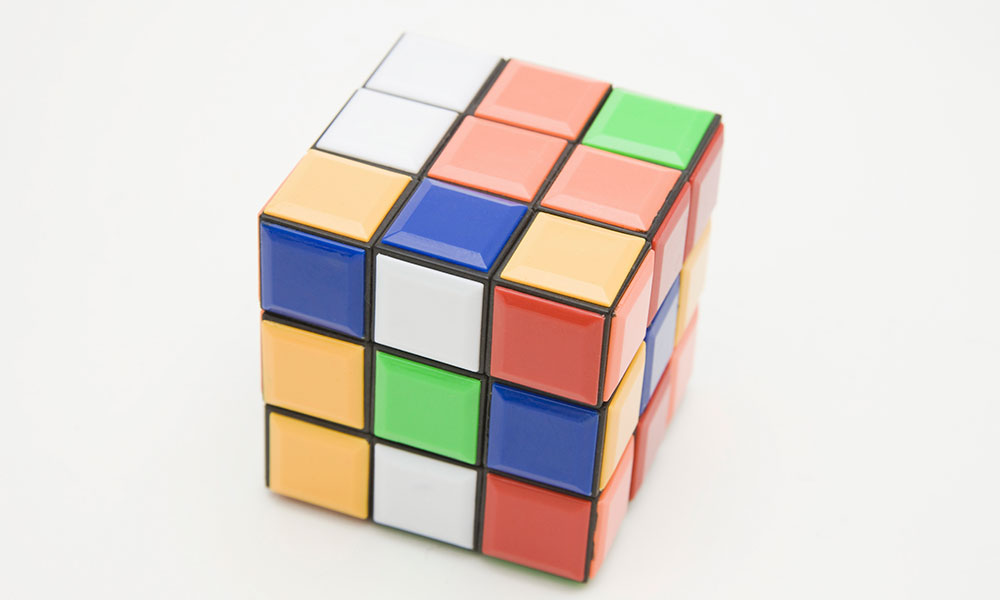
The Association That Keeps the Rubik’s Cube in Competition
The World Cube Association, a global standards organization for Rubik’s Cube-style puzzles, has competitors in its events who can solve the famous block puzzle in six seconds or less.
The most popular puzzle game of the 1980s has never really faded from view, and in some ways, it’s still thriving.
You can thank the World Cube Association for that. WCA represents people who compete in tournaments related to Rubik’s Cube and other cube-based games or “twisty puzzles.” Founded in 2004, the association helps keep Ernő Rubik’s greatest idea in the public eye.
WCA began as an offshoot of an online community called speedcubing.com, which helped bring together fans of Rubik’s Cube looking to solve the puzzle as quickly as possible. Ron van Bruchem, a WCA cofounder, told radio station WBUR earlier this year that the need for a standards-making organization become clear when the website helped put together a world championship event in 2003, the first such event in roughly two decades.
“There was a lot of misunderstanding and also some unfair decisions that were made just because we didn’t know the exact rules,” van Bruchem said.
In the years since, WCA’s mission has expanded, and the group now represents numerous events at the regional and local levels. The first “cubing” competition ever held in North Dakota took place this past weekend in Fargo, drawing nearly four dozen competitors from a wide array of age groups from nearby states and across the Canadian border.
Charlie Koebele, a 16-year-old competitor in Sunday’s event, told the Duluth News Tribune that picking up the cube didn’t come naturally, but “once you solve it for the first time, you’re hooked. Then you try to get faster, improving your time. It feels good.” Now, he can solve the cube in less than six seconds.
He still has a bit to go to top the world record-holder, Patrick Ponce, who can finish the puzzle in less than five seconds.
The World Cube Association has a global footprint, with 30 separate regional organizations covering countries—and even entire continents—worldwide. Around 700 competitions are held annually and draw 20,000 competitors each year, according to the WBUR report. The renewed interest in cubing has helped lead to new cube variations that work particularly well in competition because they allow the cubers to solve the puzzles at ever-faster speeds.
To put it another way: This isn’t your parents’ Rubik’s Cube.
(paylessimages/iStock/Getty Images Plus)






Comments